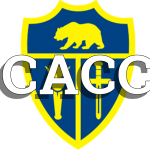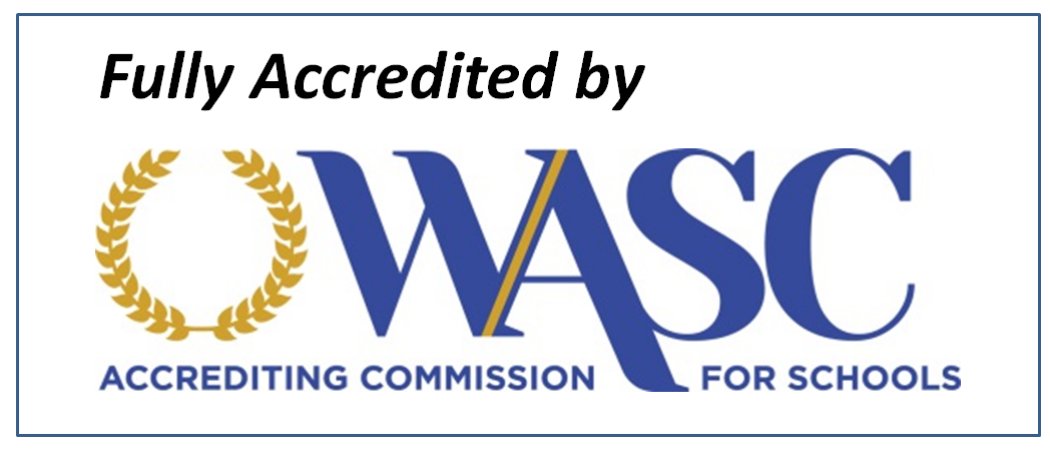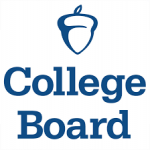Local Control Accountability Plan (LCAP)
LCAP Development & Educational Partner Engagement
All educational partners of the school have representatives involved in the development of the LCAP. The design of the school allows for teachers, students, parents, counselors, and leadership team members to meet, discuss, and plan for the needs of each individual student. Each student has a Pathways Personalized Education Plan (PPEP) to engage each student in their academic goals. In addition to the weekly and monthly PPEP meetings, educational partners of the school have many opportunities, and are encouraged, to be involved and participate in the decision-making process of the school and the development of the LCAP. Educational partner involvement contributes to the LCAP development in several important ways: identification and refinement of needs, goals, targets, activities, and resource allocation.
LCAP and Comment Opportunity
The school’s Local Control and Accountability Plan (LCAP) is based on state priorities, strategic initiatives, and input from school and community educational partners. The Local Control Funding Formula (LCFF) and Local Control Accountability Plan (LCAP) provides a process in which the school is able to work with educational partners to tailor school goals, actions and services, and budget to our local assessment of needs. Parents, students, school staff, and other educational partners have the opportunity to have their voices heard and continue to inform the development of the plan.
The LCAP is a one-year plan, aligned to the term of the school’s budget (EC Section 47604.33).
The 2024-2025 LCAP is available for review and comment. We look forward to hearing your comments and working with you as we transform lives through successful student outcomes!
Please send all comments to Jay Garrity at jgarrity@altusschools.net
Student and Parents’ Guide: LCFF and LCAP
What is the Local Control Funding Formula?
The Local Control Funding Formula (LCFF) is the newest California school funding law.
The Local Control Funding Formula (LCFF) directs more funds to districts with the most high-need students and gives local districts more flexibility on how to spend the money they receive.
Under LCFF, districts will get the same base funding per student (amount determined by grade level) and will be allocated additional funds to educate special student populations: low-income students, English learners, students who experience homelessness, and students in foster care. Schools that serve high-risk student populations will be able to allocate additional resources to help each and every student succeed.
Learn more about LCFF:
What is the LCAP?
Districts are required to work with parents and community members to create a Local Control and Accountability Plan (LCAP). The three-year plan details the district’s goals for improving student outcomes that are aligned to eight priorities set by the state.
The eight priorities are:
- Basic services, such as credentialed teachers
- Instructional materials aligned with state standards
- Safe, well-maintained facilities
- Programs and services that enable all students to learn to state standards
- Access to a broad course of study that prepares for college and careers
- Improved achievement and outcomes
- Engagement and parent involvement
- School climate
How can I participate in the LCAP process?
- Give input and feedback through annual surveys
- Give input and feedback during Master Agreement Meetings
- Participate in English Language Advisory Council (ELAC) meetings
- Attend Open House Events
- Attend Senior Night Events
Audeo Charter School II strongly encourages educational partner participation and engagement in the LCAP process. Please take a few minutes to give us feedback through the appropriate survey.
Audeo II Student Engagement Survey
Audeo II Parent Engagement Survey
To continue to engage our students and parents and provide opportunities for improvement, please complete the following brief survey regarding our Resource Center redesign. We welcome your constructive feedback.






